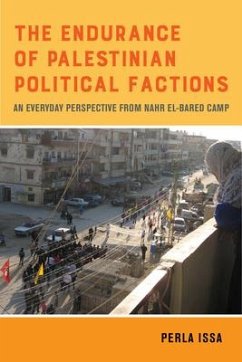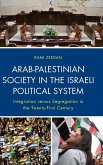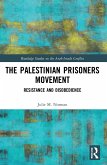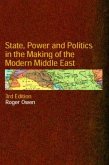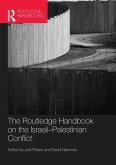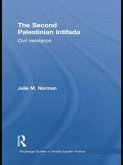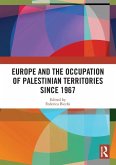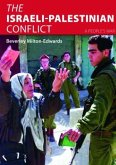"Utilizing rich ethnographic fieldwork, Perla Issa provides an engaging analysis of Palestinian factions in the refugee camp of Nahr el-Bared. Her book illuminates the centrality of political factions to quotidian social interactions and the rhythms of everyday life."--Adam Hanieh, author of Money, Markets, and Monarchies: The Gulf Cooperation Council and the Political Economy of the Contemporary Middle East "How do political factions maintain centrality in Palestinian political life even when they are widely unpopular and even delegitimized? How are such factions reproduced in the face of widespread condemnation? The questions that animate this manuscript are vitally important."--Ilana Feldman, author of Life Lived in Relief: Humanitarian Predicaments and Palestinian Refugee Politics "The implications of Issa's theoretical frame, methodological approach, and empirical findings are significant for Palestinian studies. It is the first granular study of how political factions are produced and one of the rare few on Nahr al-Bared camp, which was viciously destroyed in 2007, then partially rebuilt." -- Bershara Doumani, author of Family LIfe in the Ottoman Mediterranean: A Social History
Hinweis: Dieser Artikel kann nur an eine deutsche Lieferadresse ausgeliefert werden.
Hinweis: Dieser Artikel kann nur an eine deutsche Lieferadresse ausgeliefert werden.

